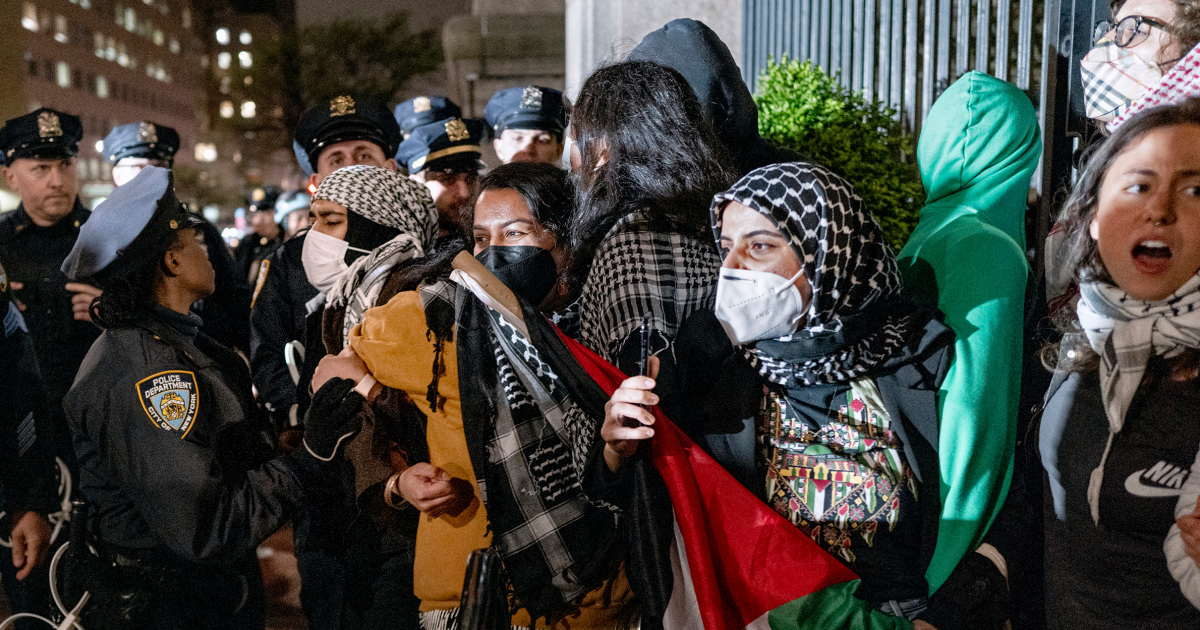Key takeaways:
- A federal judge has temporarily halted the deportation of Yunseo Chung, a Columbia University student, amidst allegations of targeted immigration enforcement due to her participation in pro-Palestinian protests.
- ICE officials have been actively seeking Chung, who immigrated from South Korea, with an administrative warrant, which her legal team argues is an overreach linked to her political activities.
- The case highlights concerns about immigration enforcement intersecting with political activism, sparking discussions on balancing national security and civil liberties, with potential implications for similar cases.
A federal judge has temporarily halted the deportation of Yunseo Chung, a 21-year-old Columbia University student and legal permanent resident, amidst allegations of targeted immigration enforcement related to her participation in pro-Palestinian protests. The legal action was initiated on Monday when attorneys filed a lawsuit to prevent Chung’s deportation and address what they describe as a “pattern and practice” of targeting individuals involved in protests for Palestinian rights. This development comes in the wake of the recent arrest of Columbia graduate student Mahmoud Khalil, highlighting concerns about the treatment of protest participants.
U.S. Immigration and Customs Enforcement (ICE) officials have been actively seeking Chung, who immigrated to the United States from South Korea at the age of seven. According to the lawsuit, ICE agents have visited her parents’ home and informed her legal counsel of an administrative warrant for her arrest. These administrative warrants are typically issued against noncitizens accused of immigration violations, but Chung’s legal team argues that her case represents an overreach by the government.
The legal representatives for Chung assert that the government’s actions are an attempt to deport her based on her political views and constitutionally protected protest activities. They describe the situation as a “shocking overreach” and emphasize the importance of protecting individuals’ rights to free speech and protest. The federal judge’s decision on Tuesday prevents Chung’s detention while she contests the deportation orders, allowing her to continue her studies at Columbia University.
This case has drawn attention to the broader issue of immigration enforcement and its intersection with political activism. The involvement of students in protests and the subsequent legal actions have sparked discussions about the balance between national security and the protection of civil liberties. As the legal proceedings continue, the outcome may have implications for similar cases involving individuals engaged in political protests.



Be First to Comment